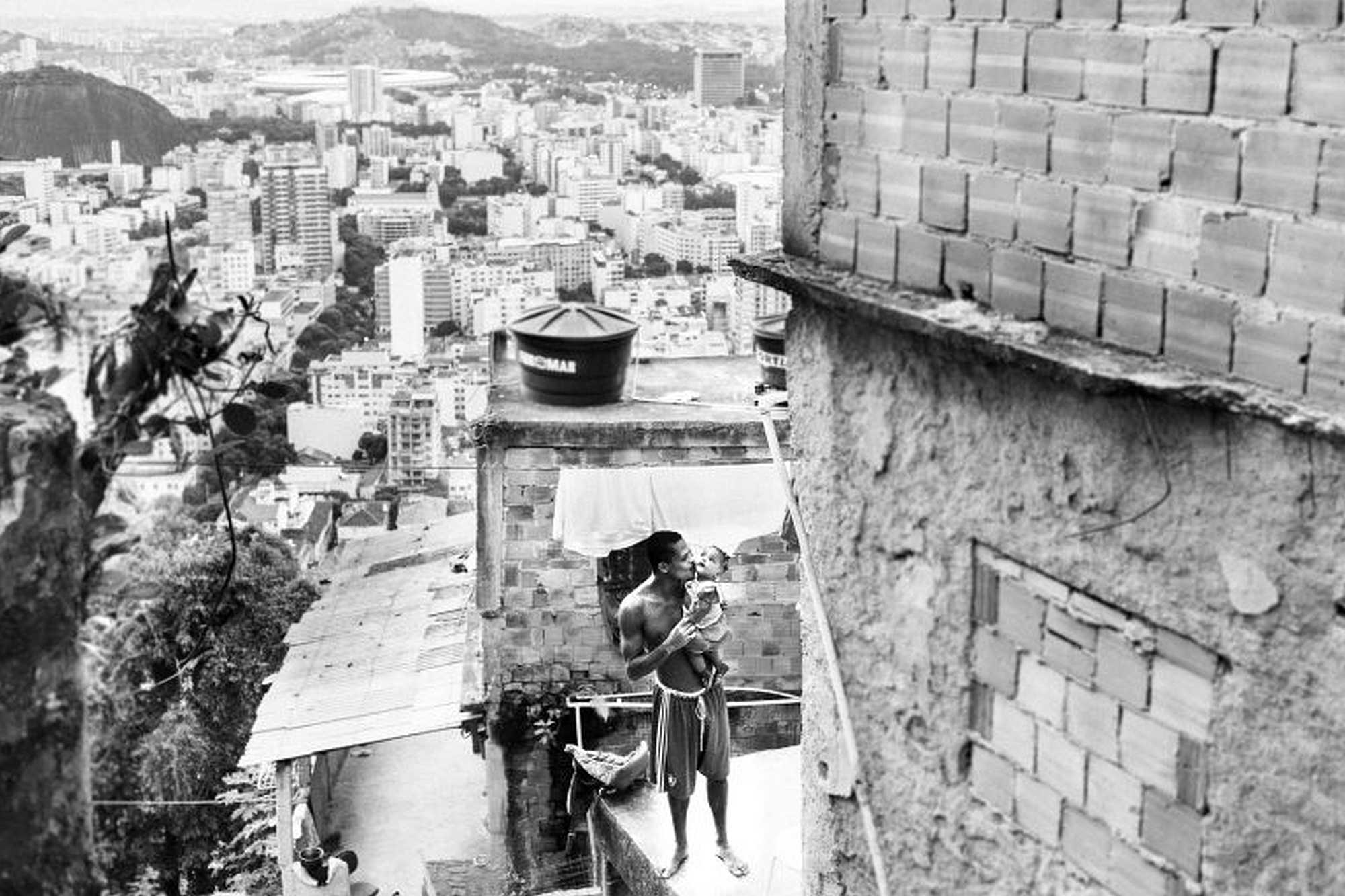The novel coronavirus pandemic has led authorities to close borders, it has impeded circulation and consumption, and it has brought the world to a standstill in order to contain a tiny and invisible virus. But there is one thing the pandemic has not managed to change: the racist structures present in Brazil.
Here, in the favela of Turano, you take a look out the window and what you see is life taking place “normally.” This really scares me. The people here do not have the means to obey the governor’s recommendations that they remain at home.
There are various reasons for this, among them the lack of consent from their employers and the fact that, if residents do not work, they will not receive a salary and will thus have difficulty sustaining their families. Brazil’s motto is “Deus acima de tudo e o patrão acima de todos” (God above everything and the boss above all).
I live with my mother and my aunt, both of whom are part of the Covid-19 risk group. My mother has remained home during the pandemic, but my aunt continues to work as a caretaker for an elderly woman.
Her bosses don’t allow her to take leave, as they believe they “depend on her” for this care. It seems not to matter to them that the entire world has recommended that people isolate themselves in their homes and protect their lives.
Middle- and upper-class families, the majority of them white, are incapable of taking out their own trash and caring for their own family members.
And what of our right to protect our lives? Our elderly are the most vulnerable within the risk group in light of the collapse of the already “collapsed” public health system. Even so, they are forced to leave home and take care of white people as though they were more fragile and defenseless.
It was emblematic that the first death due to Covid-19 in Rio de Janeiro was that of a maid that cared for her sick boss who had been infected with coronavirus. This is what racism looks like during the pandemic. Who will be held responsible for this loss of life? The virus?
Biological Weapon
Every day that my aunt goes to work, I worry. I panic that she will submit to the risk of the disease on account of not being able to stay home. We protect ourselves the best we can, washing our hands and using hand sanitizer when we have it.
The paranoia of being infected hits each day. The emotional cost of this pandemic is high for us. We already live in constant fear of police violence because of our skin color and our social vulnerability. Now we have one more worry to deal with.
It scares us to visit the market or to leave the house to take care of an errand because the streets are filled with people. Almost no one here uses a mask or protects themselves. Disinformation is another big problem, which, given legitimacy by the declarations of President Jair Bolsonaro, contributes to people’s skeptical behavior.
The president himself, who brought back a cohort of 23 infected officials from a trip to the United States and assisted in spreading the pandemic here, ordered, on national networks, that people return to work.
Who do you think he is talking about? Do you think he means those working from home and ordering food online? Do you think he’s interested in us keeping our jobs? He’s up there representing business owners.
For them, we are just a herd, wherein the loss of a few cattle can be easily replaced, given the massive number of [unemployed and] underemployed [in Brazil], waiting for an opportunity.
It is true that the virus affects people of all social classes, but this does not make us equal as human beings. We are not in the same boat. Some are in much more comfortable conditions, as they have food, water, medication, and maids to take the trash out.
As we see leaders from across the globe taking measures to protect the lives of their people, here, our leaders have transformed the pandemic into a biological weapon against black, low-income, and vulnerable populations. What they are doing has a name: it’s called genocide!
Measures to penalize bosses that are placing workers’ lives at risk must be discussed and put into practice now! We must create channels to denounce employers that disobey quarantine recommendations, allowing workers to remain in their homes without losing their salaries.
The posture of the federal government is one of genocide, and it amounts to an attack on our lives. This government’s hands are dirty, and no amount of hand sanitizer will be able to clean them!
For racists, the law!
This article was written by Paulo Jorge Gomes Pereira, a resident of the favela of Morro do Turano. The Turano favela complex, located in the neighborhood of Tijuca, in Rio de Janeiro’s North Zone, is made up of seven areas and is home to nearly 13,000 residents.
Paulo Jorge Gomes Pereira is a 34-year old informal worker. He is black and the son of a maid.
This article appeared originally in RioOnWatch https://www.rioonwatch.org/






